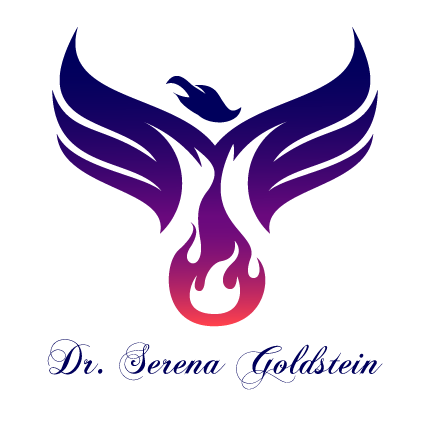Do You Have Low Testosterone?
Yes? No? Regardless, this Scenario is Extremely Common, Especially Among Men
What does it mean exactly? Unfortunately the answer is not always as simple as "the body isn't making enough". Testosterone gets produced from multiple glands, and synthesized from the cholesterol molecule - so eat your healthy fats!!
Testosterone is produced in the adrenal glands, two triangular shaped glands above each kidney, and also produced in the testes in men, and the ovaries in women. It can metabolize further into dihydrotestosterone (DHT- a more potent version, which contributes to male pattern baldness and an enlarged prostate), and estrogen (too much places men at risk for heart disease and obesity) It is the main sex hormone in men, though in both sexes responsible for libido, hair growth, bone & muscle mass, and red blood cell production.
The body likes to keep a tight ratio of hormones, however, this ratio can be disrupted by:
What does it mean exactly? Unfortunately the answer is not always as simple as "the body isn't making enough". Testosterone gets produced from multiple glands, and synthesized from the cholesterol molecule - so eat your healthy fats!!
Testosterone is produced in the adrenal glands, two triangular shaped glands above each kidney, and also produced in the testes in men, and the ovaries in women. It can metabolize further into dihydrotestosterone (DHT- a more potent version, which contributes to male pattern baldness and an enlarged prostate), and estrogen (too much places men at risk for heart disease and obesity) It is the main sex hormone in men, though in both sexes responsible for libido, hair growth, bone & muscle mass, and red blood cell production.
The body likes to keep a tight ratio of hormones, however, this ratio can be disrupted by:
- endocrine disruptors such as beauty products (e.g. shampoos, soaps), household products, and plastic bottles
- medications such as statins (lower cholesterol.. the same molecule needed to make testosterone)
- chronic stress (body shunts metabolites into cortisol, our stress hormone, instead of focusing on reproductive hormones like testosterone)- can include emotional, and physical stress, such as ongoing diagnosis/chronic conditions
- under active thyroid (thyroid= metabolism)
- poor diet (fat cells produce estrogen, further throwing off the hormonal balance and can contribute to weight gain- kind of a paradox)
- drugs and alcohol (e.g. marijuana, cigarettes, illicit drugs) all just flat out lower testosterone
- poor sleep (testosterone is made at night, so disrupted sleep disrupts this process)
In men and women, symptoms of low testosterone can include low sex drive, fatigue, hair loss, weight gain, mood changes - so pretty non-specific, and then diagnosed by blood test. A hormone replacement may be given, however, it's not treating the reason WHY your 'T' dropped in the first place.
Good news! Lifestyle changes can not only help boost Testosterone, but really embody all around health and prevention of disease with these tips:
- Stress management- Consider yoga, walking, pilates, any kind of gentle movement. Even a few minutes of deep breathing to start.
- Load up on vegetables- "Try to kill yourself off vegetables" says one of my teachers in medical school. This phrase still amuses me. Focus more on dark leafy greens and cruciferous (e.g. broccoli, cauliflower)
- Sleep by 10/10:30- Leave your phone in another room, minimize your screen exposure before bed, wear an eye mask- those first 4 hours are the most important.
- Add in healthy fats- It's what makes testosterone. Think avocado, olive oil, coconut oil. Salmon and nuts too are great sources of fats that also have protein!
